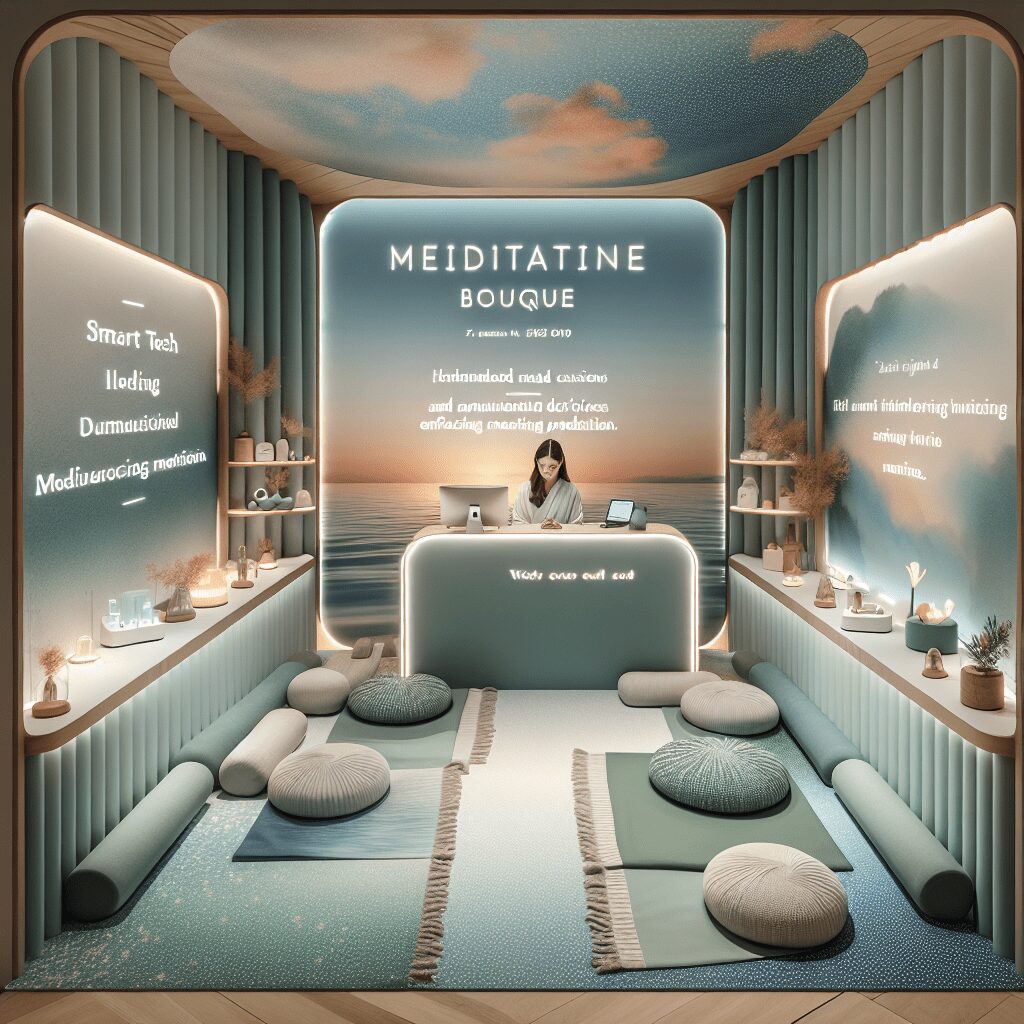
Prioritize your mental well-being daily. Enhance your life by nurturing your mental health with the Smart Meditation app. Break free from stress, alleviate anxiety, and enhance your sleep quality starting today.
Do Vitamin D Cause Anxiety?
Unveiling the Sunshine Vitamin: Does Vitamin D Play a Role in Anxiety?
Ah, Vitamin D, affectionately dubbed the ‘Sunshine Vitamin’, is crucial for keeping our bones strong and our hearts healthy. But there’s a buzzing question that’s been floating around: Can this essential nutrient also influence our mood, particularly anxiety? Let’s dive deep and unravel this mystery, shall we?
The Sunshine Vitamin and Your Mood
Believe it or not, Vitamin D isn’t just a one-trick pony; it plays a multifaceted role in our body, including potentially affecting our brain’s functioning and our mood. Now, some of you might be scratching your heads, wondering how soaking up some sun or popping a vitamin pill could possibly sway your anxiety levels. Well, buckle up, because science has quite the tale to tell.
The Connection Between Vitamin D and Anxiety
Research in the field has been a bit of a rollercoaster, with studies showing mixed results. On one side of the coin, several studies suggest a link between low levels of Vitamin D and heightened anxiety. It appears that Vitamin D has some pretty important jobs in the brain, influencing areas linked to mood and anxiety.
But before you jump on the Vitamin D bandwagon, it’s important to note that the relationship between Vitamin D levels and anxiety isn’t a straightforward cause-and-effect scenario. Let’s break it down:
-
Vitamin D and the Brain: Vitamin D receptors are found widespread in the brain, including in regions associated with mood regulation. This vitamin plays a part in neuroplasticity, the brain’s ability to form new connections, which is key in managing mood disorders like anxiety.
-
Serotonin Role: The sun’s rays help us produce Vitamin D, and interestingly, this process also stimulates serotonin production, a neurotransmitter linked with happiness and well-being. Low serotonin = higher risk of mood disorders.
-
Inflammation Reduction: Chronic inflammation is a party pooper for our brain’s health, contributing to increased anxiety. Vitamin D has anti-inflammatory properties, reducing inflammation and potentially alleviating anxiety symptoms.
Should You Supplement Vitamin D for Anxiety?
Now, here’s the million-dollar question. The answer? It’s a bit like asking if you should wear socks with sandals – it depends on who you ask and the context. If you’re deficient in Vitamin D, boosting your levels might indeed influence your mood positively. However, if you’re already soaking up ample Vitamin D, popping extra supplements might not magically banish your anxiety demons.
Before you start self-medicating with Vitamin D supplements, it’s wise to consult with your healthcare provider. They can run a simple blood test to check your Vitamin D levels and recommend a course of action tailored to your needs.
Wrapping It Up
So, does Vitamin D cause anxiety? The short answer is no, not directly. But, a lack of it might play a role in making you feel more anxious than you naturally would. Like many aspects of health and well-being, the link between Vitamin D and anxiety is complex, interwoven with various factors like genetics, environment, and overall health.
Ensuring you’re getting enough Vitamin D, either through diet, supplements, or a daily dose of sunlight, is a step in the right direction for not just your physical health, but potentially your mental well-being too. However, it’s not a silver bullet for anxiety. A balanced approach, including regular exercise, a healthy diet, and maybe even a chat with a therapist, is key to managing anxiety. So, next time the sun’s out, why not step outside and greet the sunshine? Your body (and maybe your mood) will thank you.





